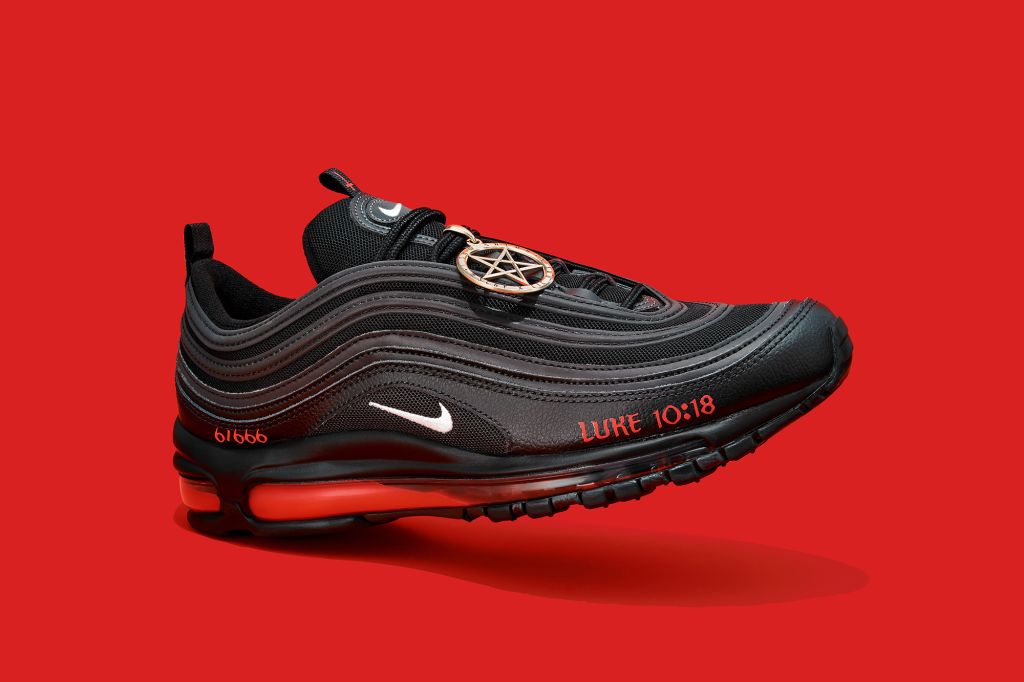Sports ticket pricing is a crucial aspect of the sports industry, as it directly impacts the revenue generated by teams and organizations. Whether you’re a sports fan looking to attend games or someone interested in pursuing a career in sports management, understanding how ticket pricing works is essential. In this article, we will delve into the factors that influence sports ticket pricing, different pricing strategies employed by teams, and the future trends in the industry.
1. Factors Influencing Sports Ticket Pricing
Several factors come into play when determining the price of sports tickets. One of the primary factors is the demand for the game or event. High-demand games, such as playoffs or rivalry matches, often command higher prices due to the limited availability of tickets and the increased desire to attend. On the other hand, low-demand games may have lower ticket prices to attract fans and fill up the stadium.
The popularity and success of the team or individual players also play a significant role in ticket pricing. Teams with a large fan base or star players tend to have higher ticket prices as fans are willing to pay a premium to watch their favorite teams or athletes in action.
Moreover, the venue’s capacity and seating layout impact ticket prices. Smaller venues with limited seating may have higher ticket prices compared to larger stadiums, as the supply of tickets is lower. Additionally, factors like location, weather conditions, and the overall economic climate can influence ticket pricing.
2. Pricing Strategies in Sports Ticketing
Sports organizations employ various pricing strategies to maximize revenue and ensure a balance between affordability for fans and profitability for the team. Here are some common pricing strategies used in sports ticketing:
- Variable Pricing: Variable pricing involves setting different ticket prices based on factors like seating location, opponent strength, day of the week, or time of the game. This strategy allows teams to capture the maximum value from high-demand games while offering discounted prices for less popular matchups.
- Dynamic Pricing: Dynamic pricing is a real-time pricing strategy that adjusts ticket prices based on market demand and other factors. Using sophisticated algorithms, teams can dynamically change prices to reflect changes in demand, ensuring optimal revenue generation.
- Season Ticket Packages: Season ticket packages offer fans the opportunity to purchase tickets for an entire season at a discounted price compared to individual game tickets. This strategy incentivizes fans to commit to attending multiple games and provides teams with a guaranteed revenue stream.
- Group Sales: Group sales involve offering discounted ticket prices for larger groups, such as corporate outings, school trips, or social organizations. This strategy not only fills up empty seats but also creates a lively atmosphere in the stadium.
- Premium Seating: Many sports venues offer premium seating options, such as luxury suites, club seats, or VIP packages. These premium tickets come with additional amenities and services, allowing fans to have a more exclusive and comfortable experience. Premium seating offers teams a way to generate additional revenue from fans willing to pay a premium for enhanced benefits.
3. Future Trends in Sports Ticket Pricing
The sports industry is constantly evolving, and ticket pricing is no exception. Here are some future trends to keep an eye on:
- Personalized Pricing: With advancements in data analytics and technology, teams can personalize ticket prices based on individual fan preferences, purchasing history, and engagement levels. This personalized pricing approach aims to maximize revenue while providing tailored experiences to fans.
- Mobile Ticketing: Mobile ticketing is becoming increasingly popular, eliminating the need for physical tickets and simplifying the ticketing process for fans. Mobile ticketing also allows teams to gather valuable data on fan behavior and preferences, enabling them to make more informed pricing decisions.
- Dynamic Bundling: Bundling tickets with other services or merchandise is a strategy that can enhance the overall fan experience and provide added value. Teams may offer ticket packages that include parking, food and beverage vouchers, or exclusive merchandise, enticing fans with more comprehensive offerings.
- Subscription Models: Subscription-based ticketing models, similar to season tickets, are gaining traction in the sports industry. Fans pay a monthly or annual fee for access to a certain number of games or events, providing them with flexibility and affordability.
Sports ticket pricing is a complex and multi-faceted aspect of the sports industry. It involves considering various factors, employing different pricing strategies, and adapting to evolving trends. By understanding the factors that influence ticket pricing and staying informed about industry developments, fans and aspiring sports professionals can make informed decisions and navigate the world of sports ticketing effectively.
Key Takeaways:
- Sports ticket pricing is determined by factors such as demand, team popularity, venue capacity, and external conditions.
- Pricing strategies like variable pricing, dynamic pricing, season ticket packages, group sales, and premium seating are commonly used by sports organizations.
- Future trends in sports ticket pricing include personalized pricing, mobile ticketing, dynamic bundling, and subscription models.
- Understanding sports ticket pricing is essential for sports fans and those interested in pursuing a career in sports management.
To delve deeper into the world of sports management and gain a comprehensive understanding of the industry, consider enrolling in the NYU Fundamentals of Global Sports Management online course and certificate program offered by Yellowbrick. This program provides valuable insights and knowledge from industry experts, helping you develop the skills needed to thrive in the sports management field. Don’t miss this opportunity to enhance your understanding of sports ticket pricing and take your career to new heights.



